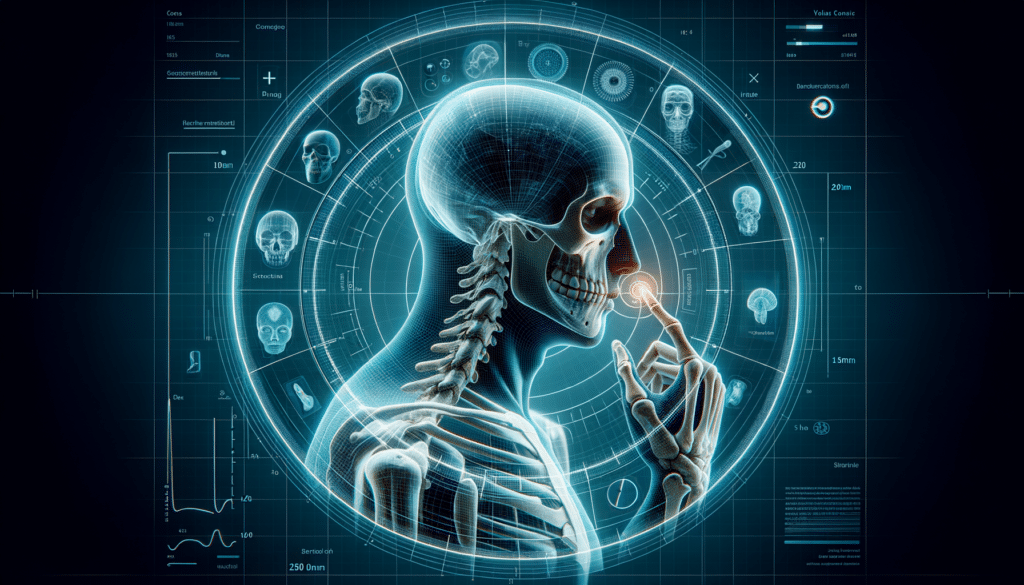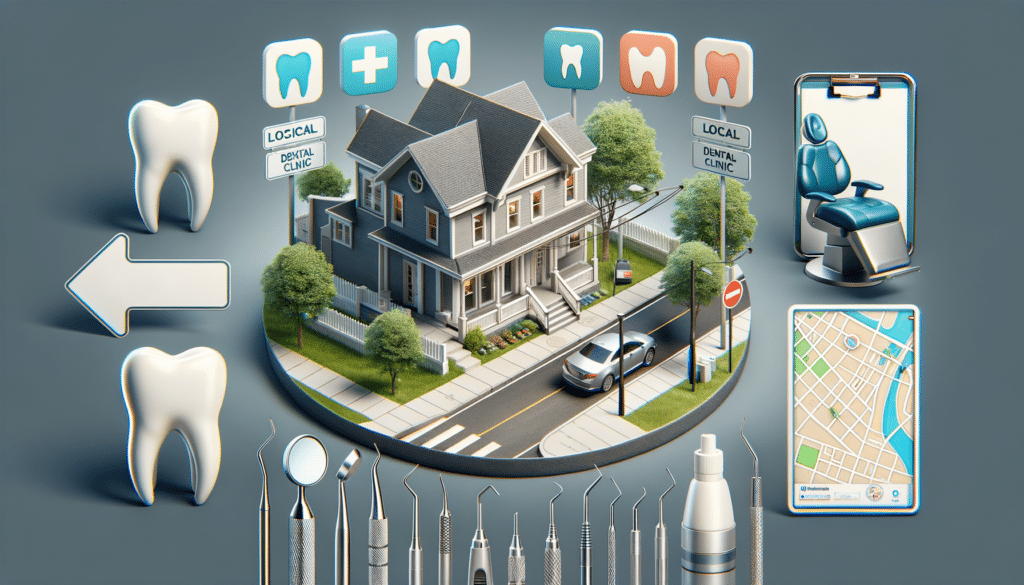What is Bone Density?
Bone density refers to the amount of bone mineral in bone tissue. It is a crucial indicator of bone strength and overall skeletal health. As we age, maintaining strong bones becomes increasingly important to prevent fractures and conditions like osteoporosis.
Why is Monitoring Bone Density Important?
Monitoring bone density is essential for early detection of bone loss. This can help in taking preventive measures to avoid serious health issues. Regular bone density tests can alert you to changes in your bone health, allowing you to take action before problems arise.
How is Bone Density Measured?
Bone density is typically measured using a test called a DEXA scan (Dual-Energy X-ray Absorptiometry). This non-invasive test is quick and painless, providing accurate measurements of bone mineral density. It is often recommended for postmenopausal women and others at risk of osteoporosis.
Who Should Get a Bone Density Test?
Postmenopausal Women: Women are at a higher risk of osteoporosis after menopause due to a decrease in estrogen levels.
Older Adults: As we age, bone density naturally decreases, making regular testing important.
Individuals with Risk Factors: Those with a family history of osteoporosis, low body weight, or certain medical conditions should consider regular testing.
How to Improve Bone Density
Diet: Consuming a diet rich in calcium and vitamin D is crucial for bone health. Foods like dairy products, leafy greens, and fortified cereals can help.
Exercise: Weight-bearing exercises such as walking, jogging, and strength training can help maintain and improve bone density.
Lifestyle Changes: Avoiding smoking and excessive alcohol consumption can also contribute to healthier bones.
Finding Bone Density Testing Near You
If you’re interested in getting a bone density test, it’s important to find a reliable facility near you. Many clinics and hospitals offer DEXA scans, and your healthcare provider can recommend a location. Searching online for “Controllo Della Densità Ossea Vicino a Me” can help you find local options.
Conclusion
Understanding and monitoring your bone density is a vital part of maintaining overall health, especially as you age. By taking proactive steps, such as regular testing and lifestyle changes, you can ensure your bones remain strong and healthy.





